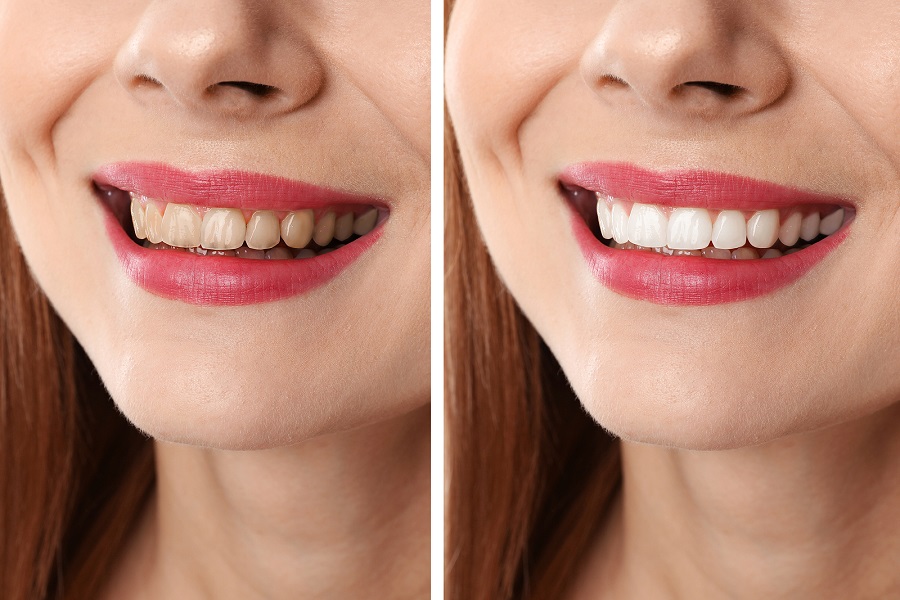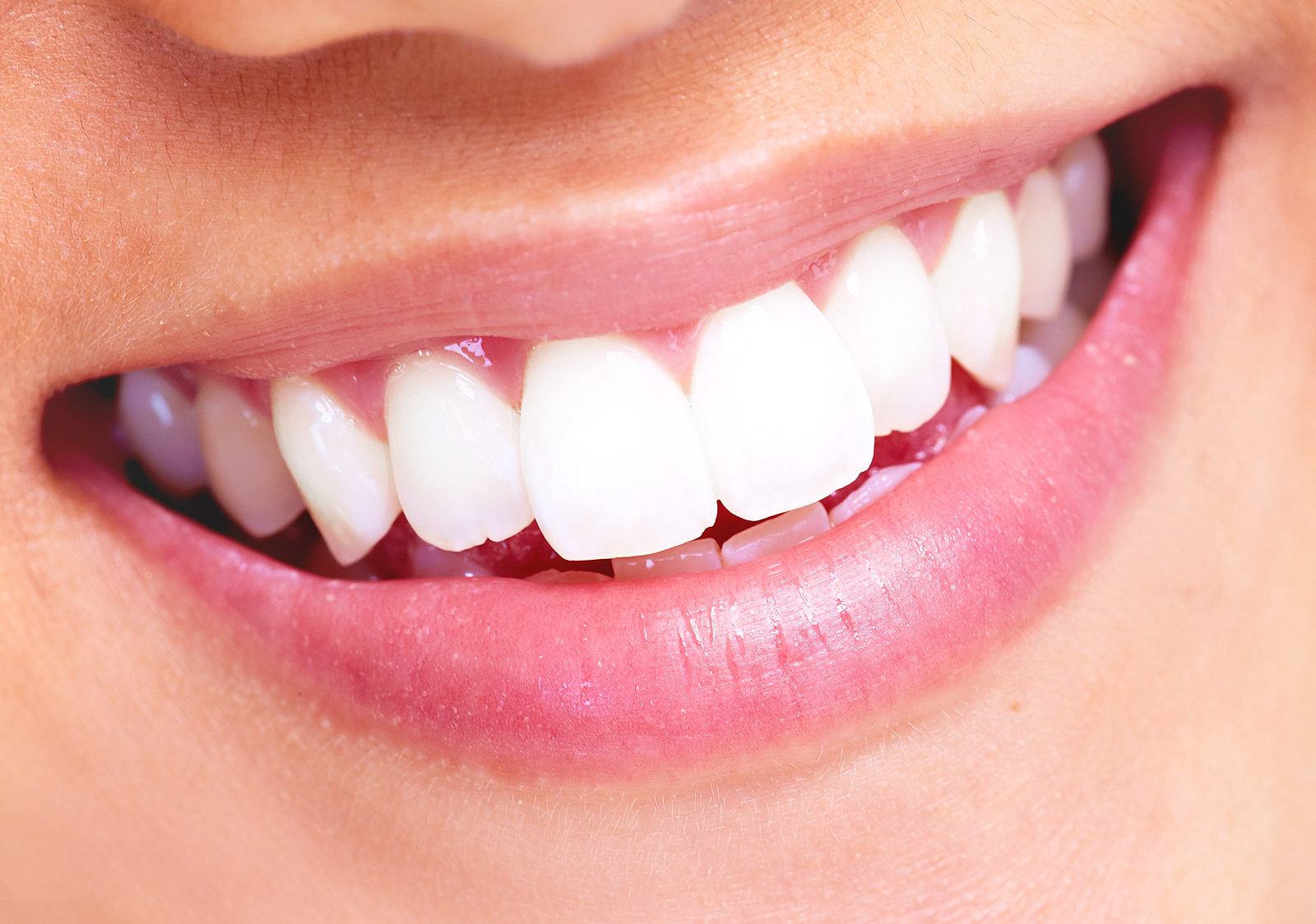DENTAL IMPLANTS VS. DENTURES
Making the choice between dentures and implants for your tooth replacement option can be challenging, especially if you are unsure of which type will provide the greatest personal benefit. Everyone’s dental needs are different, so understanding the pros and cons of each of these popular cosmetic dentistry procedures will help you make an informed decision.
WHICH TYPE OF TOOTH REPLACEMENT IS BEST FOR YOU?
Dentures are not new by any means, but you may not know that they now come in three different types, one of which just recently entered the market and is already receiving widespread use. Partial dentures are great for replacing individual teeth or smaller sections on either the upper or lower jaw. The plastic acrylic models form a plate that attaches to the patient’s arch or lingual surface, whereas the metal ones consist of a few thin chrome cobalt straps supported by clasps. When many people hear the word “dentures,” they think of the full type. Since they are designed to replace whole sets of teeth, dentists only recommend them to patients who are suffering from permanent damage, which can be the result of an oral infection like periodontal disease or tooth decay. Though they are made to custom fit the individual patient’s mouth, they are also removable and, as a result, full dentures can act as a hindrance when it comes to talking and eating comfortably. The 3rd and final set of dentures is referred to as over dentures; these types of dentures function like a hybrid between conventional dentures with the stability benefits afforded by implants. They function like an implant in that they are permanently fixed to the upper or lower jawbone with two supporting insertions, but differ with respect to placement. Over dentures are basically traditional dentures that are not removable. The advantages? A limited amount of jawbone is needed for the procedure, making this a solid alternative for those who are unable to get regular implants due to lack of jawbone structure.
THE POPULARITY OF IMPLANTS
Now, let us touch on the concepts of dental implants as an alternative to dentures. There have been numerous changes in the development of implant technology, making them an excellent option for anyone needing a functional tooth replacement that looks aesthetically pleasing. Implants target individual teeth, but are often used to correct multiple problem areas. Unlike traditional dentures which can be removed from the jaw, an implant is screwed directly into the patient’s jawbone through a dental procedure. In addition to restoring the full functionality of the original tooth, the teeth surrounding the newly placed implant will not be susceptible to abnormal shifting and prevents bone loss in the jaw. Additional benefits include increased comfort, long-term results (dentures may need to be replaced in time due to common changes in jawbone structure), and the availability of multiple options. Implants work well with crowns and bridges, and their only main downside is the higher upfront cost. Even if price is not an issue, patients lacking an adequate jawbone structure are generally excluded from the procedure, since a strong support base is required for implants; your dentist will perform an examination to check whether you qualify. For more information on dentures and dental implants, and to find out which tooth replacement solution may work best for your specific case, make an appointment to visit with our experienced staff for a consultation.






















0 comments